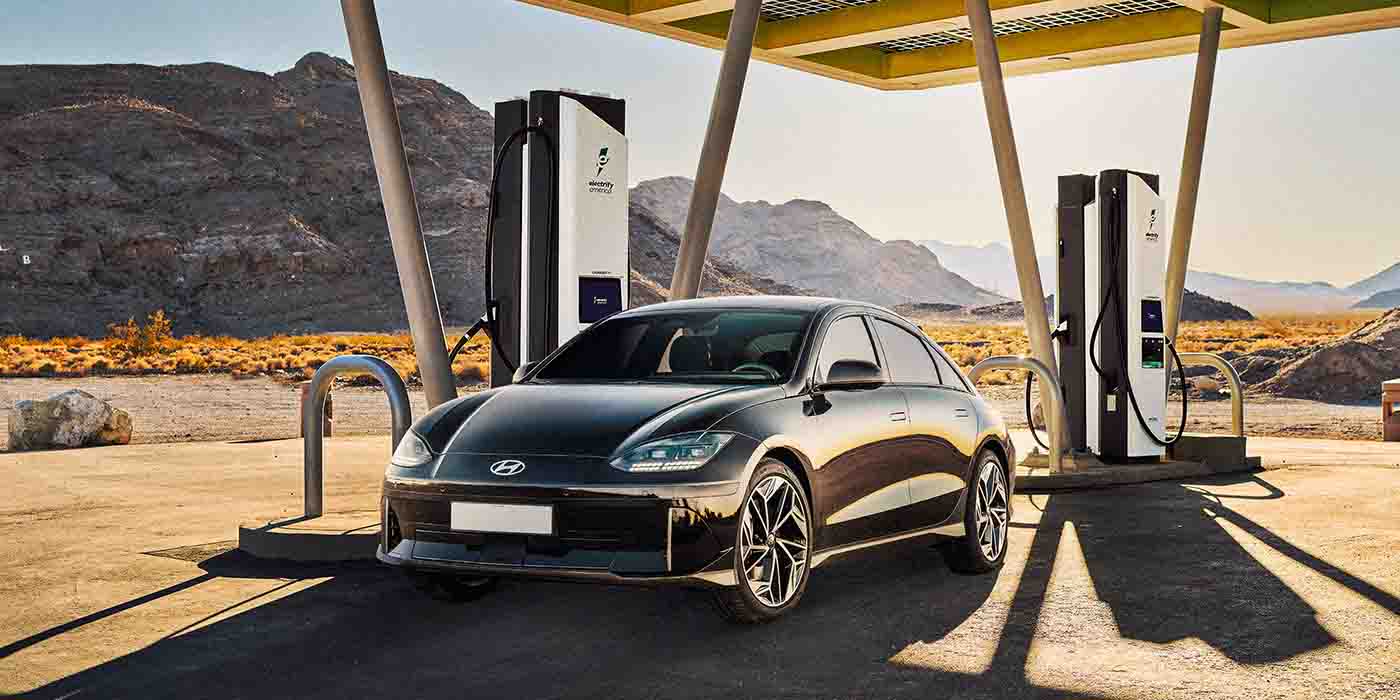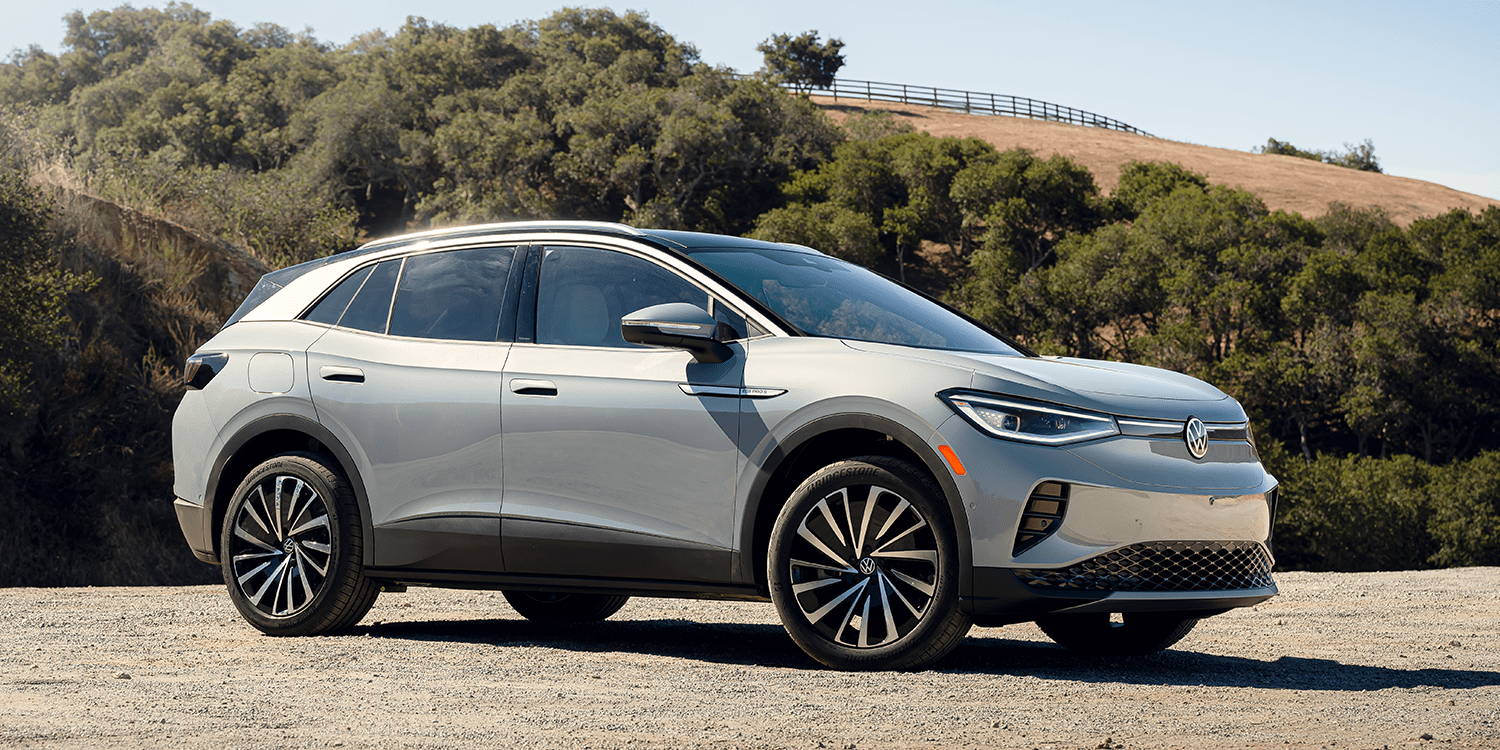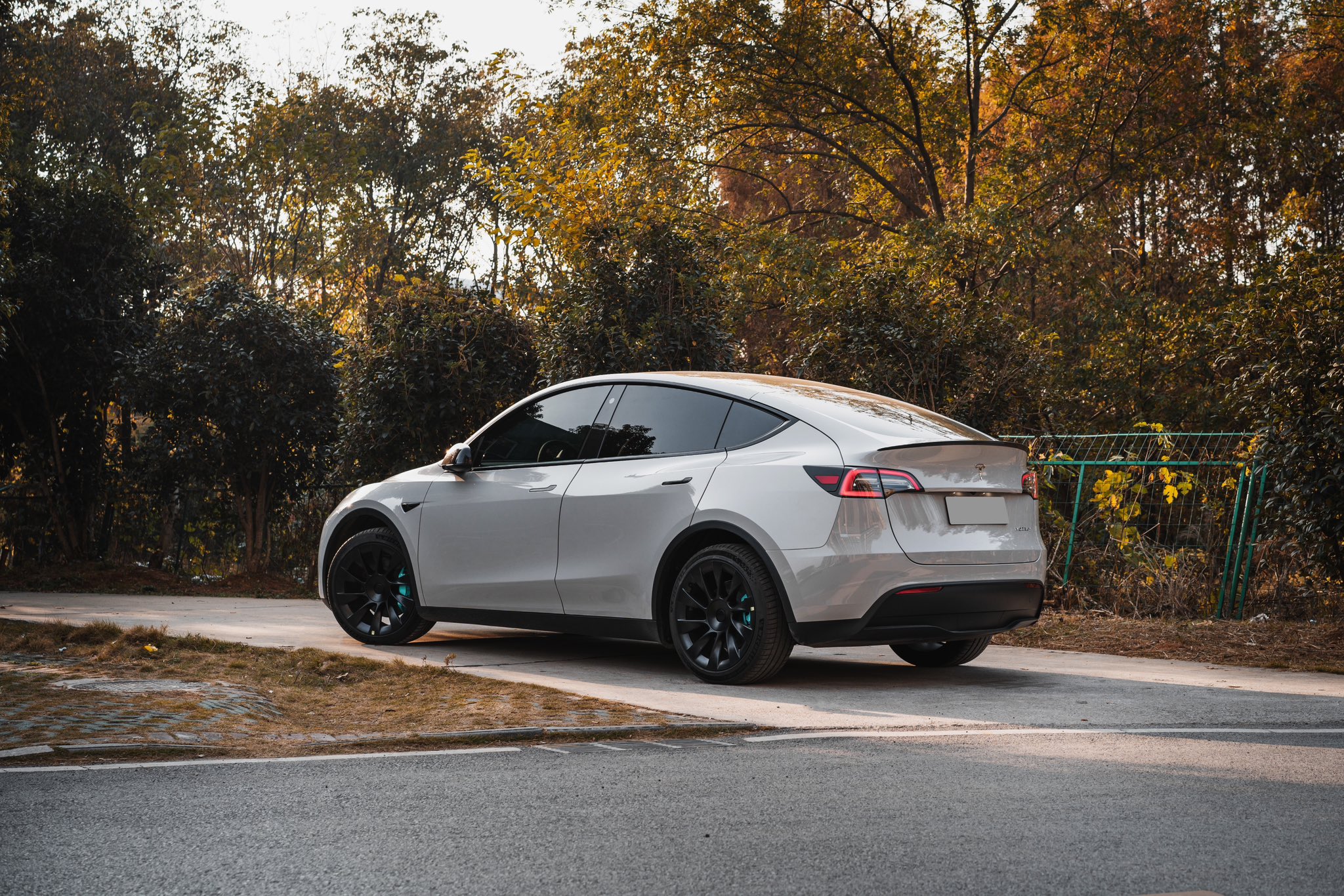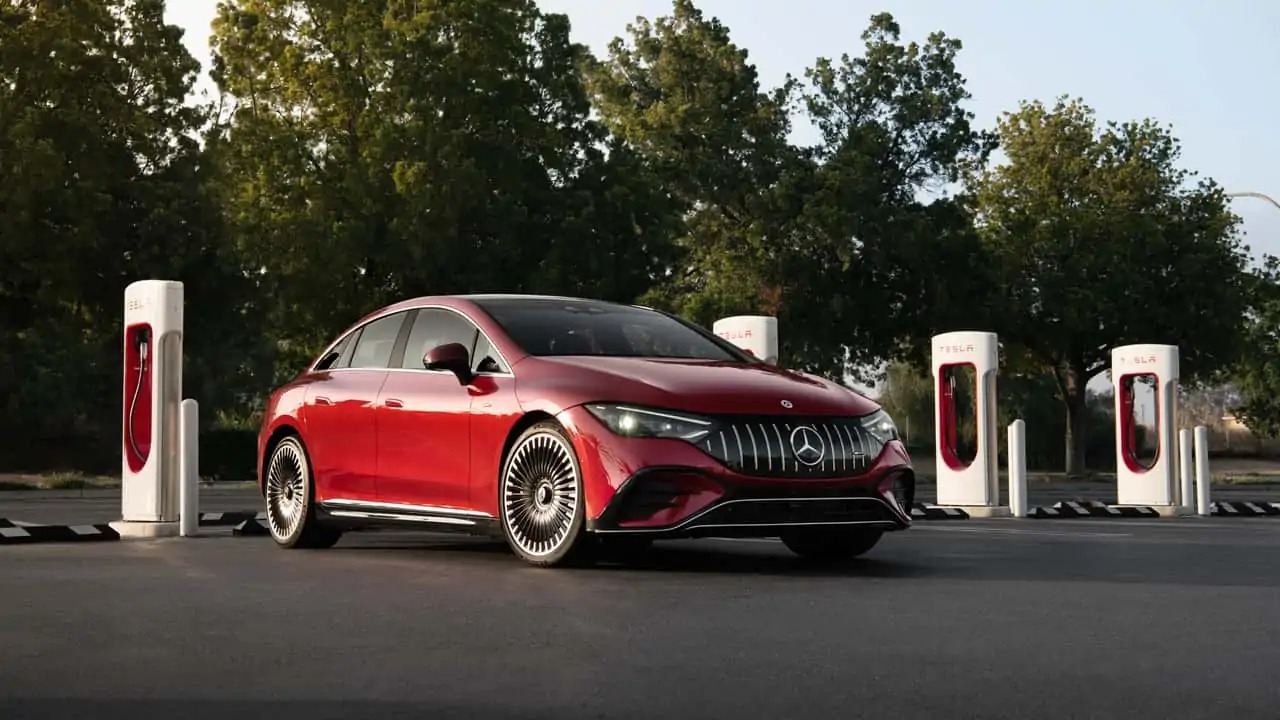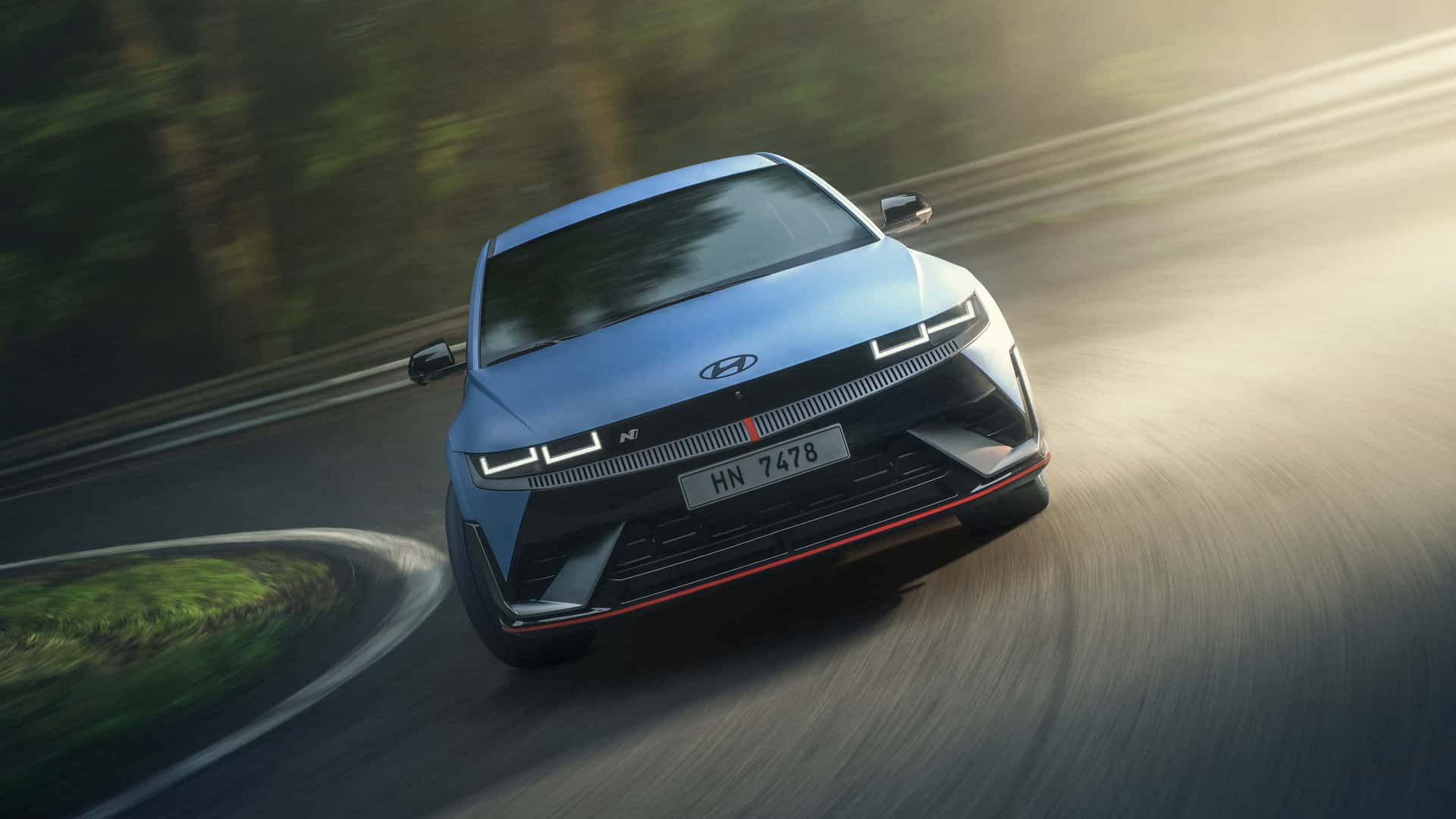Hyundai Motor Company, encompassing both the Hyundai and Genesis brands, has released its latest sales figures, showcasing a significant boost in global vehicle sales. In June alone, the company sold a total of 375,113 units, representing a substantial increase of 9.5 percent compared to the same period last year. Moreover, during the first half of 2023, Hyundai Motor sold an impressive 2,081,462 vehicles, marking a noteworthy year-over-year growth rate of 10.8 percent.
Of particular interest is the remarkable surge in plug-in electric vehicle sales for the company. Hyundai Motor Company reports that the combined wholesale shipments of Hyundai and Genesis plug-in vehicles in the previous month amounted to approximately 31,731 units, signifying an impressive 80 percent increase from the previous year. These shipments account for approximately 8.5 percent of the total sales volume, a notable rise from the 5.2 percent recorded a year ago.
Breaking down the numbers further, the data reveals that all-electric car sales witnessed a significant surge of 95 percent year-over-year, totaling 25,960 units. Hyundai Motor also disclosed that battery electric vehicle (BEV) sales exceeded 20,000 units, slightly surpassing the wholesale shipments.
Hyundai Motor attributes its electric vehicle sales momentum to the popularity of its dedicated battery electric IONIQ models, namely the IONIQ 5 and IONIQ 6, which accounted for more than 60 percent of the company’s total electric vehicle sales. This success has solidified Hyundai Motor’s position in the global electric vehicle market.
Analyzing the powertrain types, the wholesale shipments for battery electric vehicles (BEVs) witnessed a remarkable increase of 95 percent, totaling 25,960 units and claiming a 6.9 percent market share. Plug-in hybrid electric vehicles (PHEVs) experienced a notable growth rate of 32 percent, with 5,771 units sold, corresponding to a 1.5 percent market share. Overall, plug-in electric vehicles, encompassing both BEVs and PHEVs, demonstrated remarkable growth, with a total of 31,731 units sold, marking an 80 percent increase and accounting for an 8.5 percent market share. Fuel cell vehicles (FCVs), on the other hand, saw a decline of 67 percent, with 308 units sold, representing a 0.1 percent market share.
Since the beginning of the year, Hyundai Motor has shipped over 173,000 plug-in electric vehicles, which account for approximately 8.4 percent of the total sales volume. Within this category, BEVs demonstrated a strong growth rate of 76 percent, with 145,059 units sold and a 7.0 percent market share. PHEVs recorded a sales figure of 28,456 units, reflecting a 17 percent increase and a 1.4 percent market share. In total, plug-in electric vehicles reached a sales figure of 173,515 units, marking a 62 percent increase and an 8.4 percent market share. FCVs, however, experienced a decline of 44 percent, with 3,138 units sold and a 0.2 percent market share.
For reference, in 2022, Hyundai Motor Company achieved impressive sales figures of over 240,000 plug-in electric vehicles, representing a significant year-over-year increase of 45 percent. This includes approximately 195,000 all-electric vehicles, displaying a notable growth rate of 56 percent.
The Hyundai brand accounted for the majority of the company’s plug-in car sales and reported an outstanding 97 percent year-over-year increase in wholesale shipments, reaching over 30,000 units. All-electric vehicle sales more than doubled to 24,424 units, reflecting a remarkable 123 percent increase compared to the previous year. This upward trend is expected to continue, potentially yielding even higher results later in the year.
Hyundai’s wholesale shipments for the previous month, categorized by powertrain type, are as follows: 24,424 units of BEVs (up 123 percent), 5,771 units of PHEVs (up 32 percent), and a total of 30,195 plug-in vehicles (up 97 percent). FCVs experienced a decline, with 308 units sold (down 67 percent).
Year-to-date figures for Hyundai’s wholesale shipments, divided by powertrain type, reveal that 133,606 BEVs were sold, reflecting an 81 percent increase, while 28,456 PHEVs were sold, marking a 17 percent increase. In total, 162,062 plug-in vehicles were sold, exhibiting a 65 percent increase. FCVs experienced a decline of 38 percent, with 3,138 units sold.
Regarding the Genesis brand, the wholesale shipments for all-electric cars, including the GV60, Electrified GV70, and Electrified G80 models, amounted to 1,536 units, representing a 35 percent decrease year-over-year. However, the year-to-date volume for Genesis saw a notable growth rate of 28 percent, reaching 11,453 units.
Among Hyundai’s electric vehicle lineup, the Hyundai Ioniq 5 model maintained its position as the flagship, with 10,143 units sold in June and nearly 60,000 units sold year-to-date, including production lines in Indonesia and India. The Hyundai Kona Electric, reinforced by a revamped version, sold 7,877 units, while the Hyundai Ioniq 6 recorded 6,404 units. Notably, the Hyundai Kona Electric demonstrated a higher sales figure than the Ioniq 6. The recent introduction of the sporty Ioniq 5 N is expected to further contribute to the company’s sales volume in the near future.
In terms of hydrogen fuel cell vehicles, the Hyundai NEXO model recorded 308 units sold in the previous month and a total of 3,138 units year-to-date.

